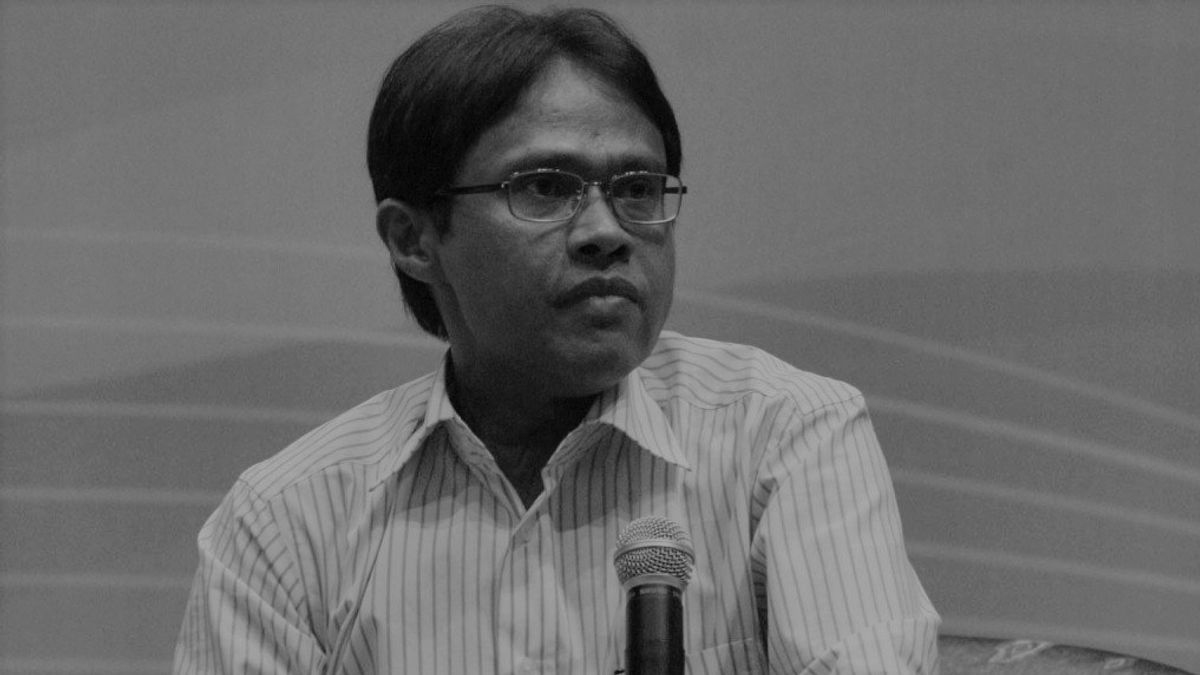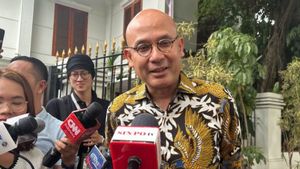JAKARTA - Chairman of the Foreign Relations Division of the Muhammadiyah Central Executive Bahtiar Effendy breathed his last on Thursday, November 21 at 00.00 WIB. Even though he is gone, however, as the saying goes, 'man leaves his name'. He will be remembered as an Islamic thinker. One of his thoughts is about religion and the state.
Apart from being an organizer, Bahtiar is an academic at the Syarif Hidayatullah State Islamic University (UIN), Jakarta. The deceased is a Professor of Political Science at UIN Jakarta. There he co-founded and became the first Dean of the Faculty of Social and Political Sciences (FISIP) from 2009 to 2013.
Bahtiar completed his undergraduate education at IAIN Jakarta in 1986. Then he continued his master's education in the Southeast Asia program at Ohio University in the United States two years later.
After graduating from Ohio University, he continued his education in the Political Science program at Ohio State University, Columbus, then finished in 1991. Three years after that, he completed his doctoral education and obtained a PhD from the same university.
After completing his education, and returning to his homeland, in 1995 Bahtiar Effendy began his career as a lecturer at UIN Jakarta, University of Indonesia, as well as the University of Muhammadiyah Jakarta.
Religion and State
As a Muslim scholar, his thoughts can be seen from the various books he has written. One of them he wrote about his thoughts on Islam and the State in "Islam and the State: Transformation of Islamic Political Thought and Practices in Indonesia" which was published in 1998.
In his book, Bahtiar explains the relationship between religion in this context, Islam and the state, has a long history. Broadly speaking, there are two different spectrums of Islamic political thought, especially in Indonesia.
At one end of the spectrum, some Muslims think that Islam should be the basis of the state. "That sharia - the rules in Islam - must be accepted as the state constitution, that political sovereignty is in the hands of God, that the idea of a nation-state contradicts the concept of the ummah (Islamic community) which does not recognize political or regional boundaries," he wrote. Those who hold the view that Islam should be the basis of this state are in conflict with the modern political system, such as the concept of a nation state.
While on the other spectrum, some other Muslim circles argue the opposite, "that Islam does not present a standard pattern of state theory that must be carried out by the ummah," he explained.
After reading what Bahtiar explained in his book, it could be seen that he was a moderate class. According to him, in Islam there is no standard pattern of state theory which must be carried out by the ummah (Islamic community). Even in this school the term state cannot be found in the Koran.
Bahtiar argues that Indonesia is neither a theocratic state (a religious state) nor a secular state. However, according to him, Indonesia is a religious country, meaning that the state shows the importance of accommodating the interests of Muslims.
"In other words, there really is no solid foundation to put Islam in a position that is contrary to the modern political system," wrote Bahtiar.
The English, Chinese, Japanese, Arabic, and French versions are automatically generated by the AI. So there may still be inaccuracies in translating, please always see Indonesian as our main language. (system supported by DigitalSiber.id)










